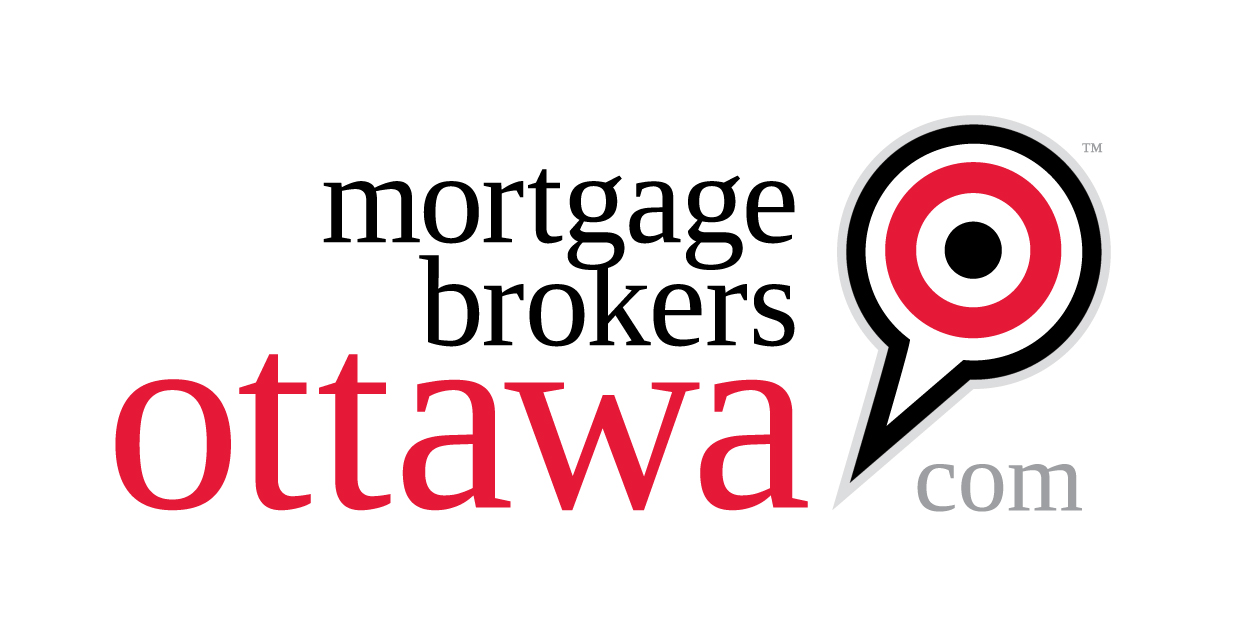Refinancing 101
Refinancing 101
Date Posted: November 13, 2024

For many homeowners in Canada, refinancing can be a strategic move that leads to significant savings and greater financial flexibility. Whether you’re looking to lower your monthly payments, access equity for renovations, or consolidate debt, understanding the refinancing process is essential. In this article, we’ll break down the key considerations for refinancing your mortgage, helping you determine when and how to take this important step.
What Is Mortgage Refinancing?
Mortgage refinancing involves replacing your existing mortgage with a new one, typically with different terms. This can result in a lower interest rate, a different repayment period, or even cashing out equity. Refinancing can be a valuable tool, but it’s essential to evaluate your personal financial situation before making a decision.
When Should You Consider Refinancing?
-
Interest Rates Have Dropped If current mortgage rates are significantly lower than your existing rate, refinancing could lead to substantial savings. Even a small decrease in interest can reduce your monthly payments and the total interest paid over the life of the loan.
-
Your Financial Situation Has Changed Life events, such as a new job, a salary increase, or a change in family circumstances, may prompt you to refinance. If you can now qualify for a better rate or different loan terms, refinancing could be a smart move.
-
You Want to Access Home Equity If your home has appreciated in value, refinancing can provide you with access to that equity. This can be particularly useful for funding home improvements, consolidating high-interest debt, or paying for major expenses like education or medical bills.
-
You’re Considering a Change in Loan Terms If you currently have an adjustable-rate mortgage (ARM) and want to switch to a fixed-rate mortgage for more stability, refinancing can help. Alternatively, if you wish to shorten the term of your mortgage to pay it off faster, refinancing may be the right choice.
-
Your Credit Score Has Improved If your credit score has improved since you first took out your mortgage, you may qualify for better rates and terms. Refinancing can take advantage of this improvement, resulting in lower payments and overall interest costs.
How to Refinance Your Mortgage
-
Assess Your Goals Before starting the refinancing process, determine your primary goals. Are you looking to lower monthly payments, access cash, or pay off your mortgage sooner? Clear goals will guide your decisions moving forward.
-
Shop Around for Rates Your mortgage agent/broker at Mortgage Brokers Ottawa or Mortgage Broker City has access to over 30 different lenders and can always find you the best rate available. By working with them, you're already shopping around for the best rate.
-
Understand the Costs Refinancing isn’t without costs. Be aware of potential fees, including appraisal fees, closing costs, and any penalties for breaking your existing mortgage. A good rule of thumb is to ensure that your savings outweigh these costs to make refinancing worthwhile.
-
Prepare Your Documentation When applying for a refinance, you’ll need to provide documentation similar to what you submitted for your original mortgage. This includes proof of income, credit history, debt information, and details about your property. Being organized can help expedite the process.
-
Complete the Application Process Once you’ve chosen a lender and gathered your documents, you’ll submit your application. The lender will assess your creditworthiness, the value of your home, and your overall financial situation before approving your refinance.
-
Close on Your New Mortgage After approval, you’ll close on your new mortgage. This involves signing paperwork and paying any closing costs associated with the refinance. Once completed, your new mortgage will take effect, and you’ll start making payments according to the new terms.
Conclusion
Refinancing your mortgage can be a powerful financial strategy, whether you're looking to lower your monthly payments, access equity, or adjust your loan terms. By understanding when to refinance and how the process works, you can make informed decisions that align with your financial goals.
If you're considering refinancing and want to explore your options, reach out to our team today. We’re here to provide expert guidance and help you navigate the refinancing process with confidence!
